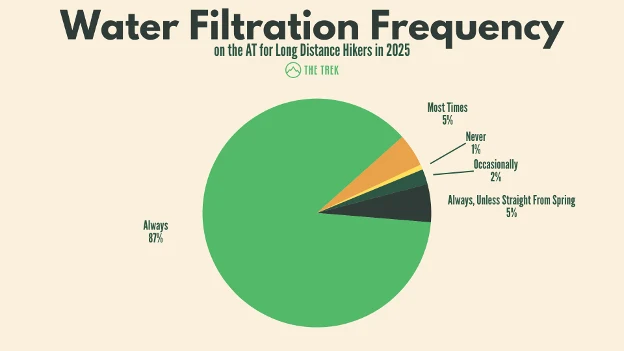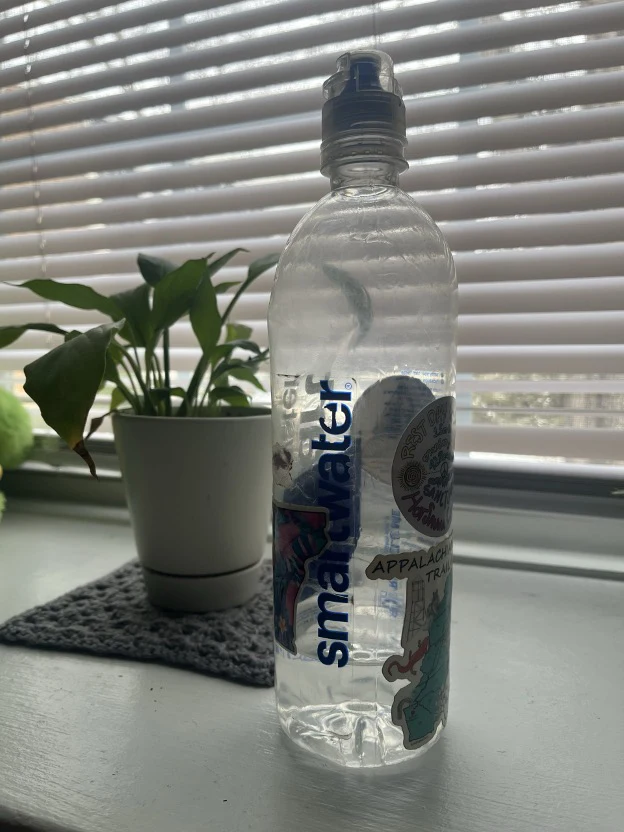Sección Hiker: Repelentes de insectos (Bug Dope): Cómo elegir
Sección Hiker: Repelentes de insectos (Bug Dope): Cómo elegir

Sección Hiker: Repelentes de insectos (Bug Dope): Cómo elegir
YouTube video highlight
DEET and Picaridin-based insect repellent sprays and lotions (bug dope) are available from a wide range of brands and in a variety of form factors.
Read more about the projectInsect Repellents (Bug Dope): How to Choose
DEET and Picaridin-based insect repellent sprays and lotions (bug dope) are available from a wide range of brands and in a variety of form factors. How effective are they are repelling mosquitos and ticks? What are the best concentrations to get? Which ones are the safest to use for children and pregnant women? Can insect repellents damage clothing and gear? Are lotions and wipes more effective than pump sprays or aerosol cans? Are there any natural products that have also proven effective at repelling mosquitos and ticks?
Insect Repellents: Key Takeaways
- DEET and Picaridin insect repellents are more effective and longer-lasting than most natural insect repellents and oils
- 20% and 30% concentrations are just effective as 100% but may need to be applied more often
- Repel Oil of Lemon Eucalyptus (OLE), a natural insect repellent, is also quite effective in a 30% concentration. Other natural products are not effective.
- Insect repellents are best used in conjunction with protective clothing. Wear a long sleeve shirt, long pants, and a head net when insects are most active.
- Apply Permethrin to clothing or purchase Insect Shield treated clothing, which repels insects and helps prevent them from biting through clothing.
- Wrist bands, clip-on fans, citronella candles, and natural repellents like lemongrass, cinnamon, cedar, clove, rosemary, or spearmint don’t work very well.
- Read insect repellent instructions carefully and apply them as directed. Many questions are answered by reading product directions or manufacturers’ safety sheets, found online.
Continue reading more on bug repellents written by Philip Werner here.
Sección Hiker: Repelentes de insectos (Bug Dope): Cómo elegir


Insect Repellents (Bug Dope): How to Choose
DEET and Picaridin-based insect repellent sprays and lotions (bug dope) are available from a wide range of brands and in a variety of form factors. How effective are they are repelling mosquitos and ticks? What are the best concentrations to get? Which ones are the safest to use for children and pregnant women? Can insect repellents damage clothing and gear? Are lotions and wipes more effective than pump sprays or aerosol cans? Are there any natural products that have also proven effective at repelling mosquitos and ticks?
Insect Repellents: Key Takeaways
- DEET and Picaridin insect repellents are more effective and longer-lasting than most natural insect repellents and oils
- 20% and 30% concentrations are just effective as 100% but may need to be applied more often
- Repel Oil of Lemon Eucalyptus (OLE), a natural insect repellent, is also quite effective in a 30% concentration. Other natural products are not effective.
- Insect repellents are best used in conjunction with protective clothing. Wear a long sleeve shirt, long pants, and a head net when insects are most active.
- Apply Permethrin to clothing or purchase Insect Shield treated clothing, which repels insects and helps prevent them from biting through clothing.
- Wrist bands, clip-on fans, citronella candles, and natural repellents like lemongrass, cinnamon, cedar, clove, rosemary, or spearmint don’t work very well.
- Read insect repellent instructions carefully and apply them as directed. Many questions are answered by reading product directions or manufacturers’ safety sheets, found online.
Continue reading more on bug repellents written by Philip Werner here.
Sección Hiker: Repelentes de insectos (Bug Dope): Cómo elegir


Insect Repellents (Bug Dope): How to Choose
DEET and Picaridin-based insect repellent sprays and lotions (bug dope) are available from a wide range of brands and in a variety of form factors. How effective are they are repelling mosquitos and ticks? What are the best concentrations to get? Which ones are the safest to use for children and pregnant women? Can insect repellents damage clothing and gear? Are lotions and wipes more effective than pump sprays or aerosol cans? Are there any natural products that have also proven effective at repelling mosquitos and ticks?
Insect Repellents: Key Takeaways
- DEET and Picaridin insect repellents are more effective and longer-lasting than most natural insect repellents and oils
- 20% and 30% concentrations are just effective as 100% but may need to be applied more often
- Repel Oil of Lemon Eucalyptus (OLE), a natural insect repellent, is also quite effective in a 30% concentration. Other natural products are not effective.
- Insect repellents are best used in conjunction with protective clothing. Wear a long sleeve shirt, long pants, and a head net when insects are most active.
- Apply Permethrin to clothing or purchase Insect Shield treated clothing, which repels insects and helps prevent them from biting through clothing.
- Wrist bands, clip-on fans, citronella candles, and natural repellents like lemongrass, cinnamon, cedar, clove, rosemary, or spearmint don’t work very well.
- Read insect repellent instructions carefully and apply them as directed. Many questions are answered by reading product directions or manufacturers’ safety sheets, found online.
Continue reading more on bug repellents written by Philip Werner here.

























































































































